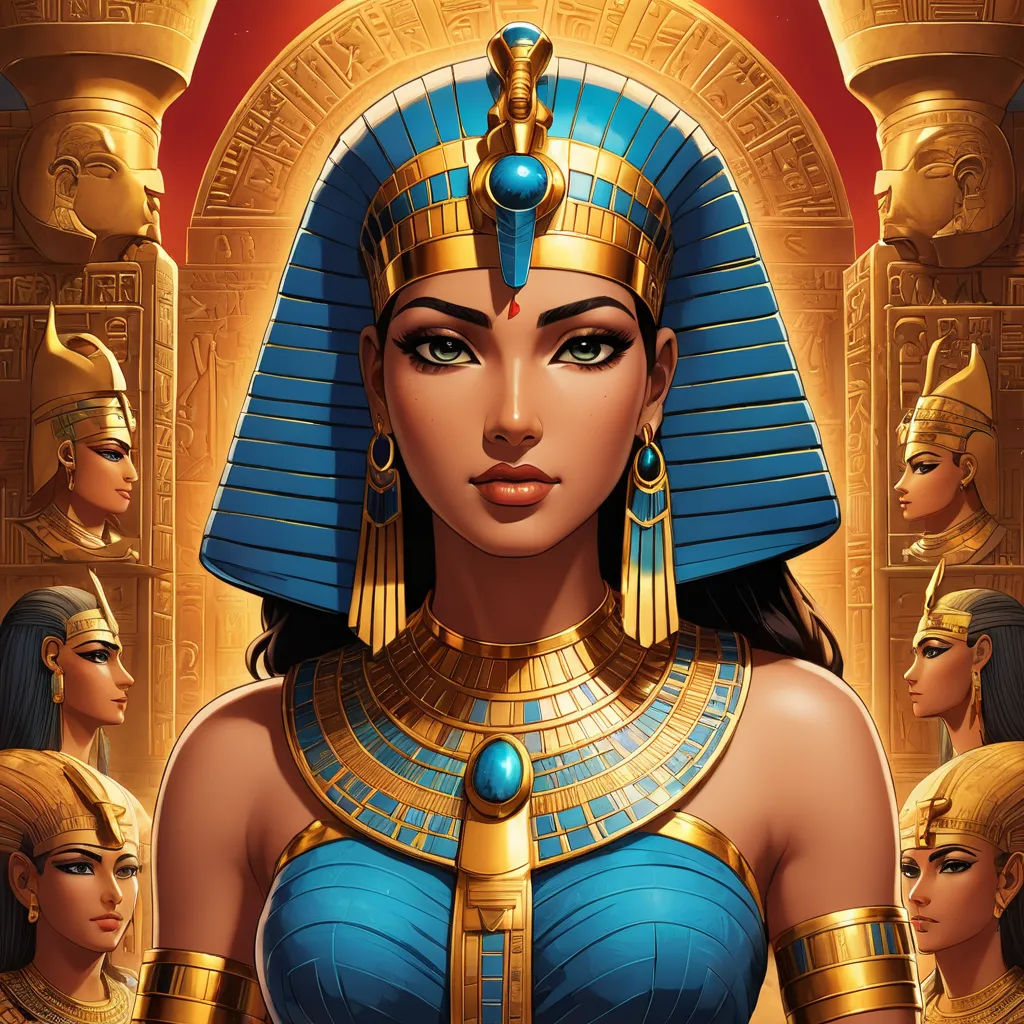
The Last Queen of Egypt
By mod

30 Jan, 2024
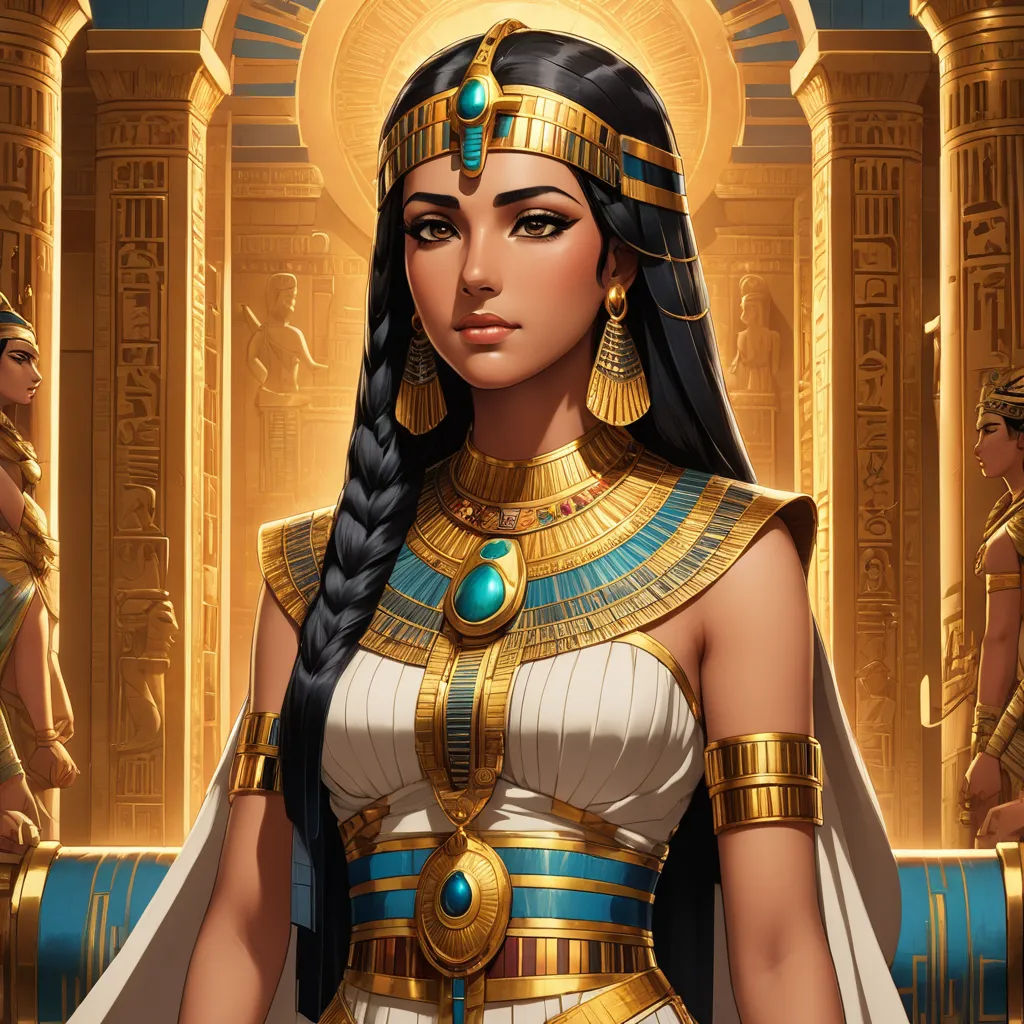
In the heart of ancient Egypt, a young woman of exceptional intelligence and beauty ascended the throne. Cleopatra, the last queen of Egypt, was born into the Ptolemaic dynasty, a lineage that ruled Egypt after its conquest by Alexander the Great.
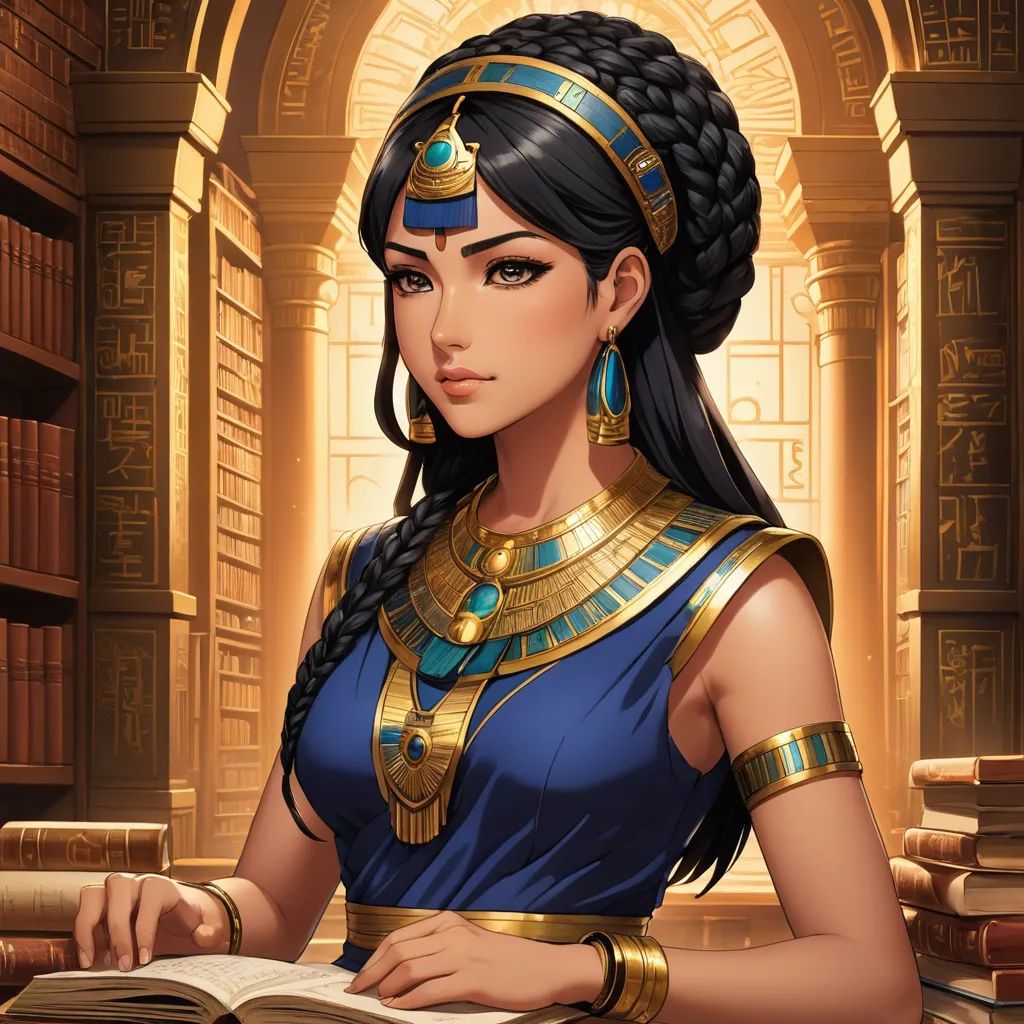
From a young age, Cleopatra displayed a passion for learning and culture. She was a polyglot, fluent in several languages including Greek and Latin. Her intellect and beauty won her the hearts of many.
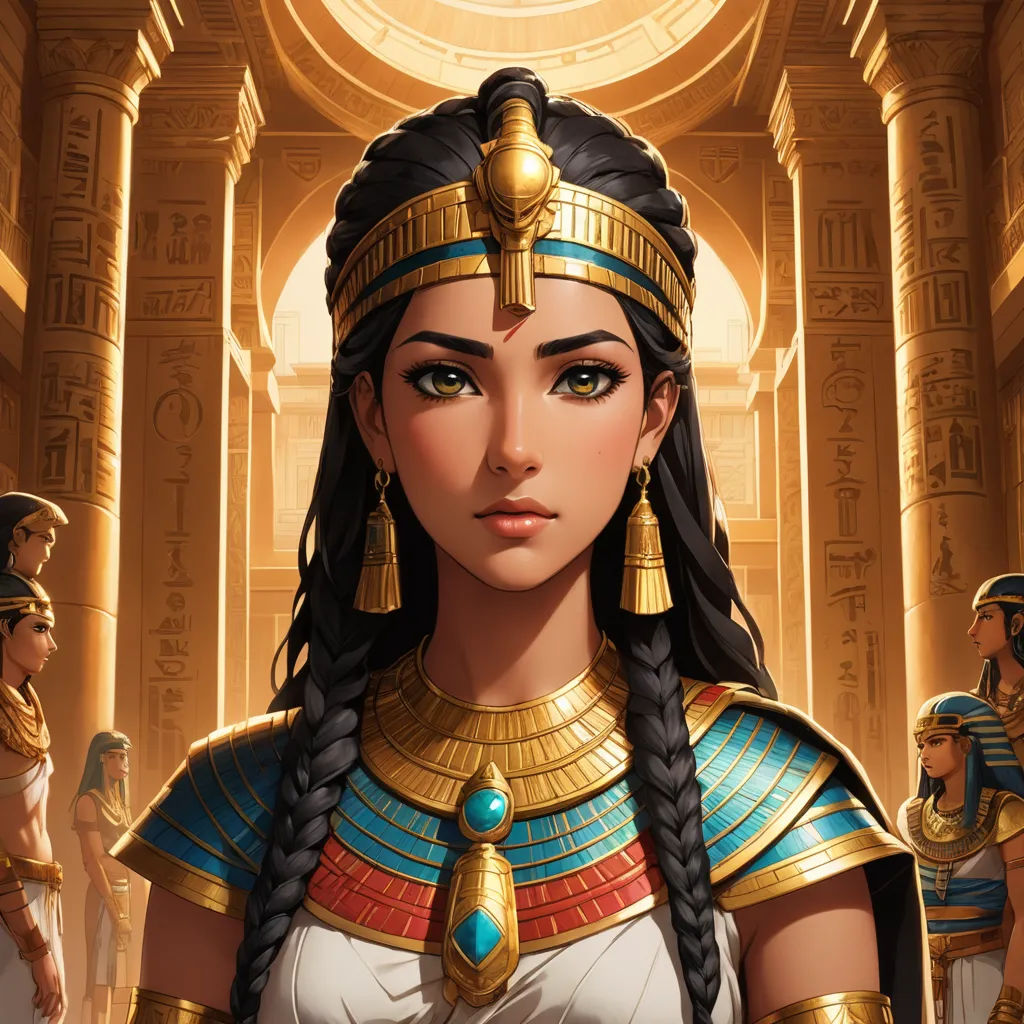
In 51 BC, Cleopatra took over the reins of Egypt after the death of her father. Simultaneously, Rome was expanding its influence in the region, and Cleopatra needed to maintain Egypt's independence.
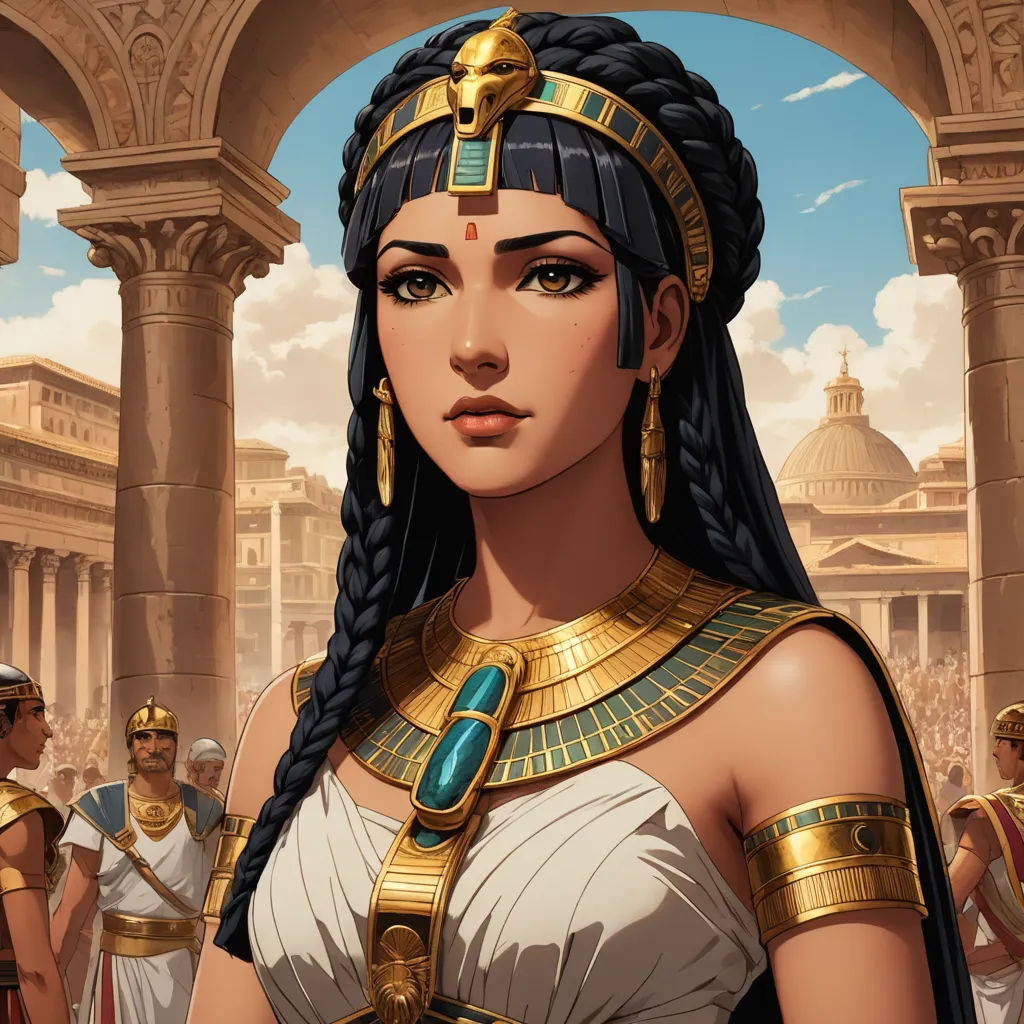
To that end, she decided to use her charm and intelligence to win over Julius Caesar, the commander of the Romans. Cleopatra set her sights on Rome, ready to weave her web of influence.
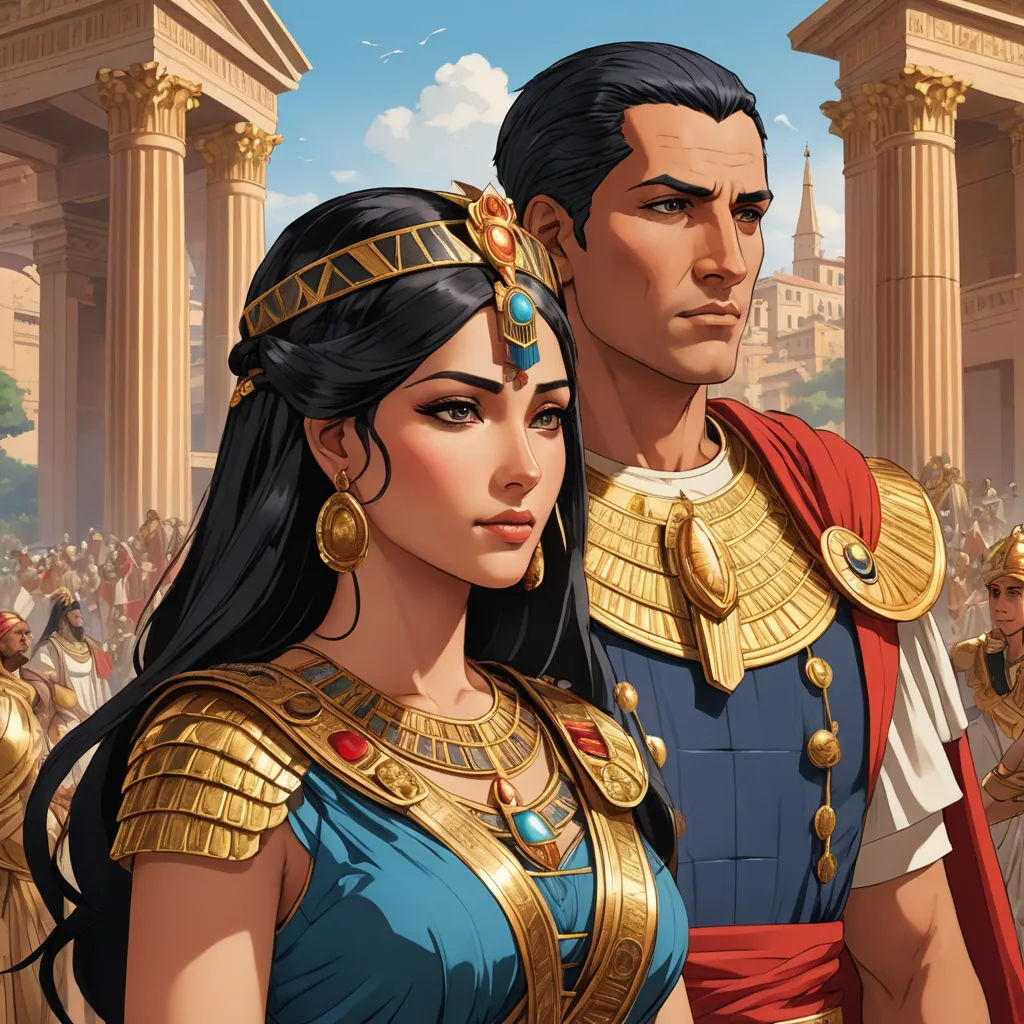
Upon her arrival in Rome, Cleopatra caught the attention of Caesar with her beauty and charm. Their relationship blossomed, and they had a child together named Caesarion.
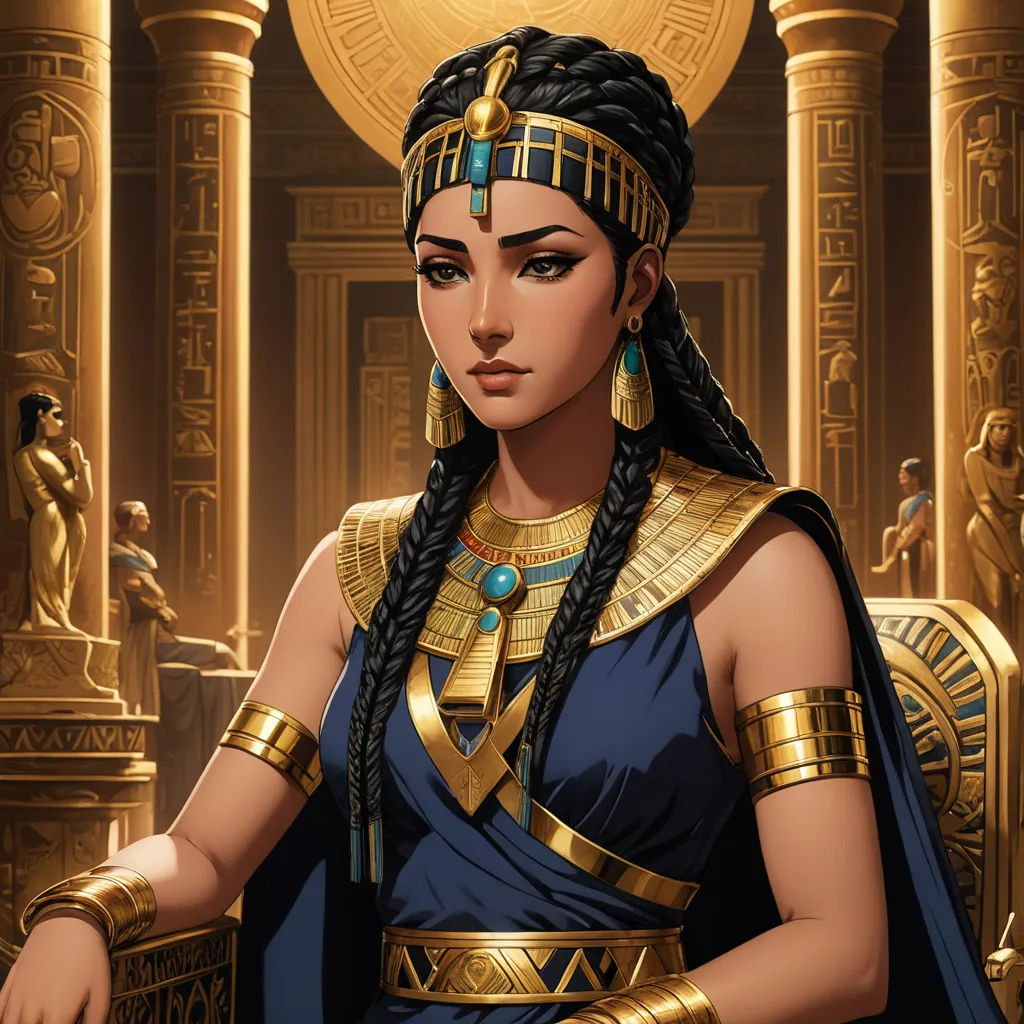
Their love story, however, was short-lived. Caesar passed away in 44 BC, leaving Cleopatra and their son in a precarious position.
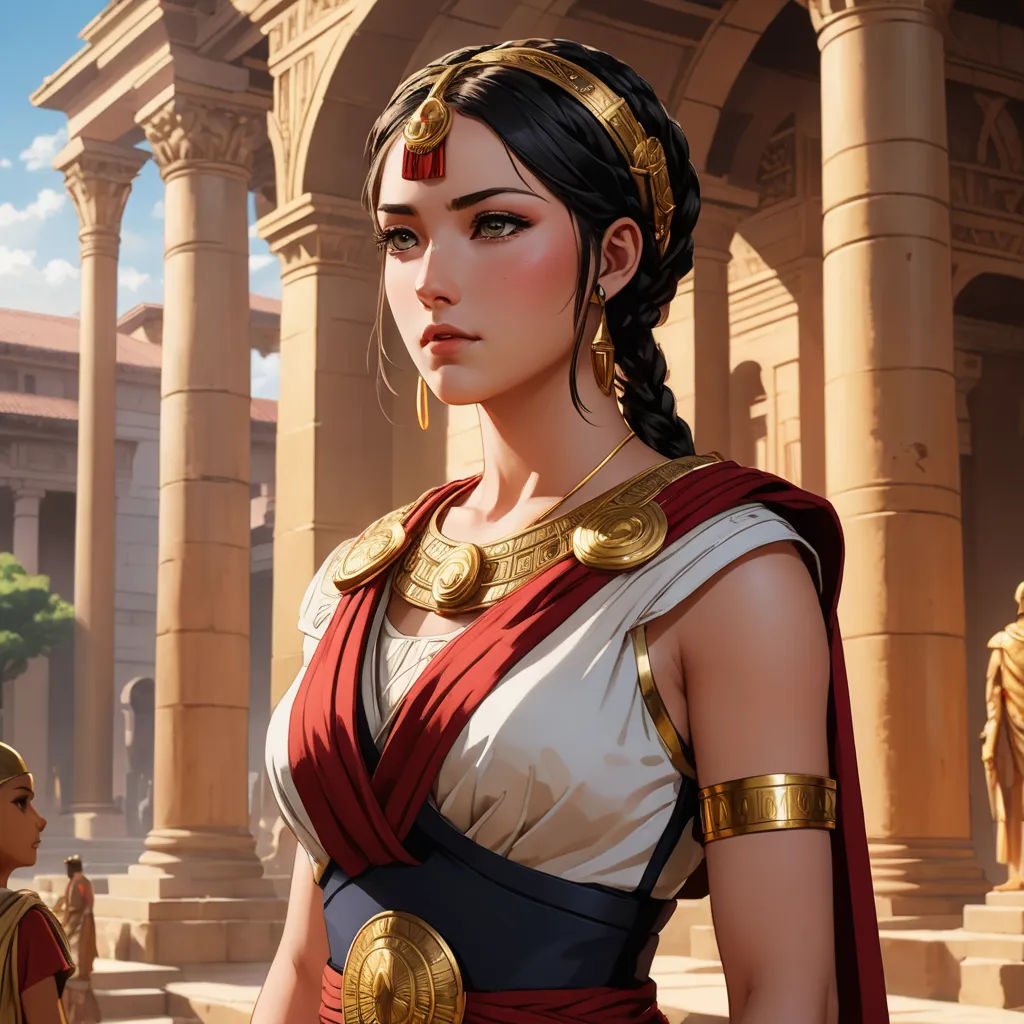
After Caesar's death, events began to unfold rapidly. Cleopatra's interests became entangled with other Roman leaders, particularly with Mark Antony.
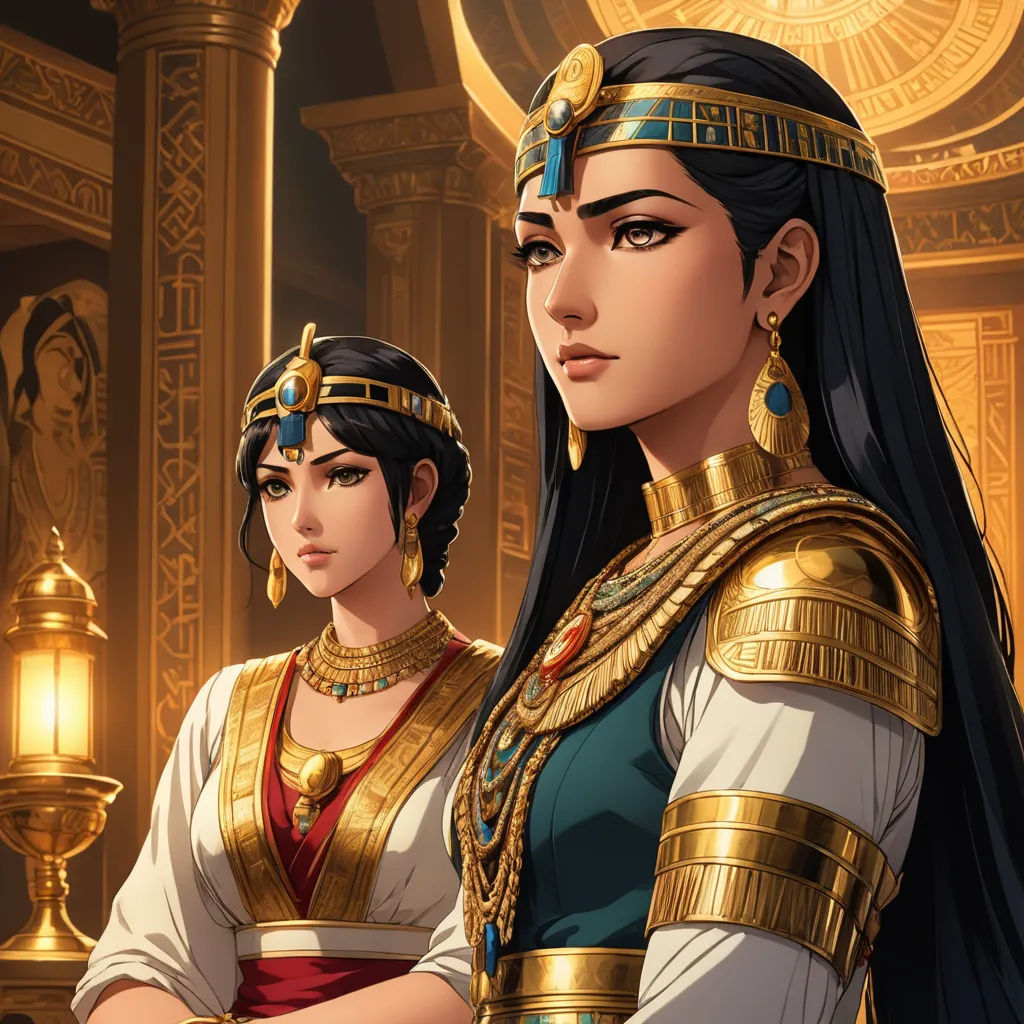
Their relationship was fraught and complicated, but Cleopatra's magnetic force and intelligence were undeniable. Antony, too, fell under her spell, drawn in by her unyielding spirit and beauty.
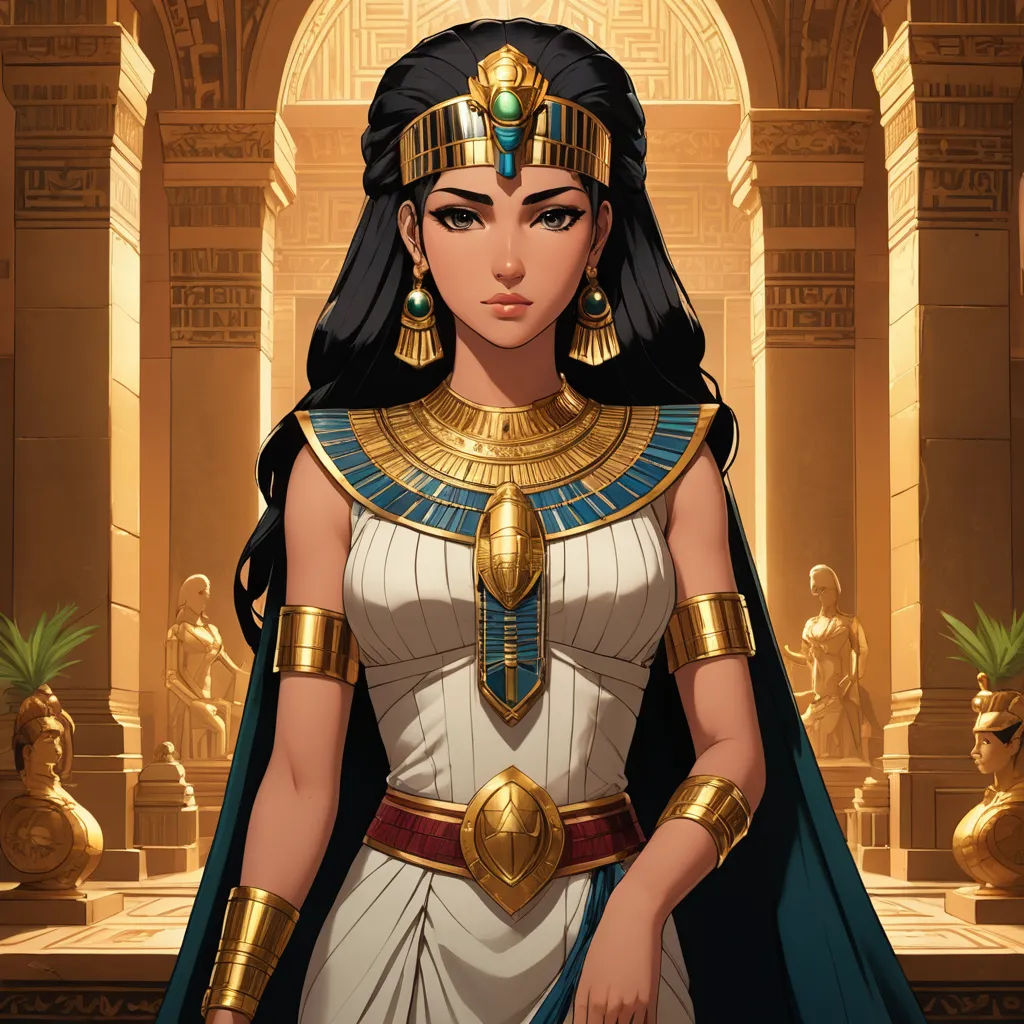
As Cleopatra's influence over Antony grew, so too did her control over Egypt's destiny. She was a queen not only in title but in action, bravely navigating the turbulent waters of politics and power.
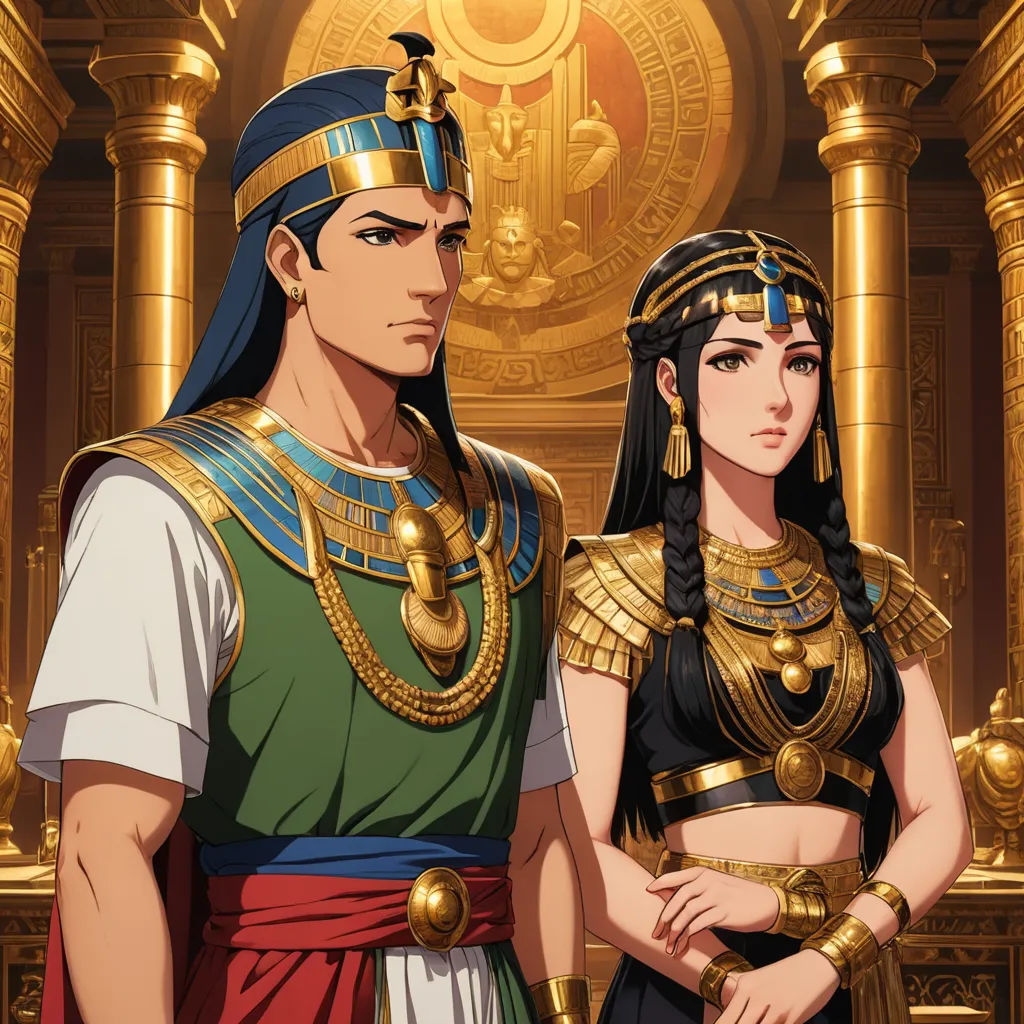
However, the tides of fortune are ever-changing. The alliance between Cleopatra and Antony began to strain under the pressures of political intrigue and personal ambitions.
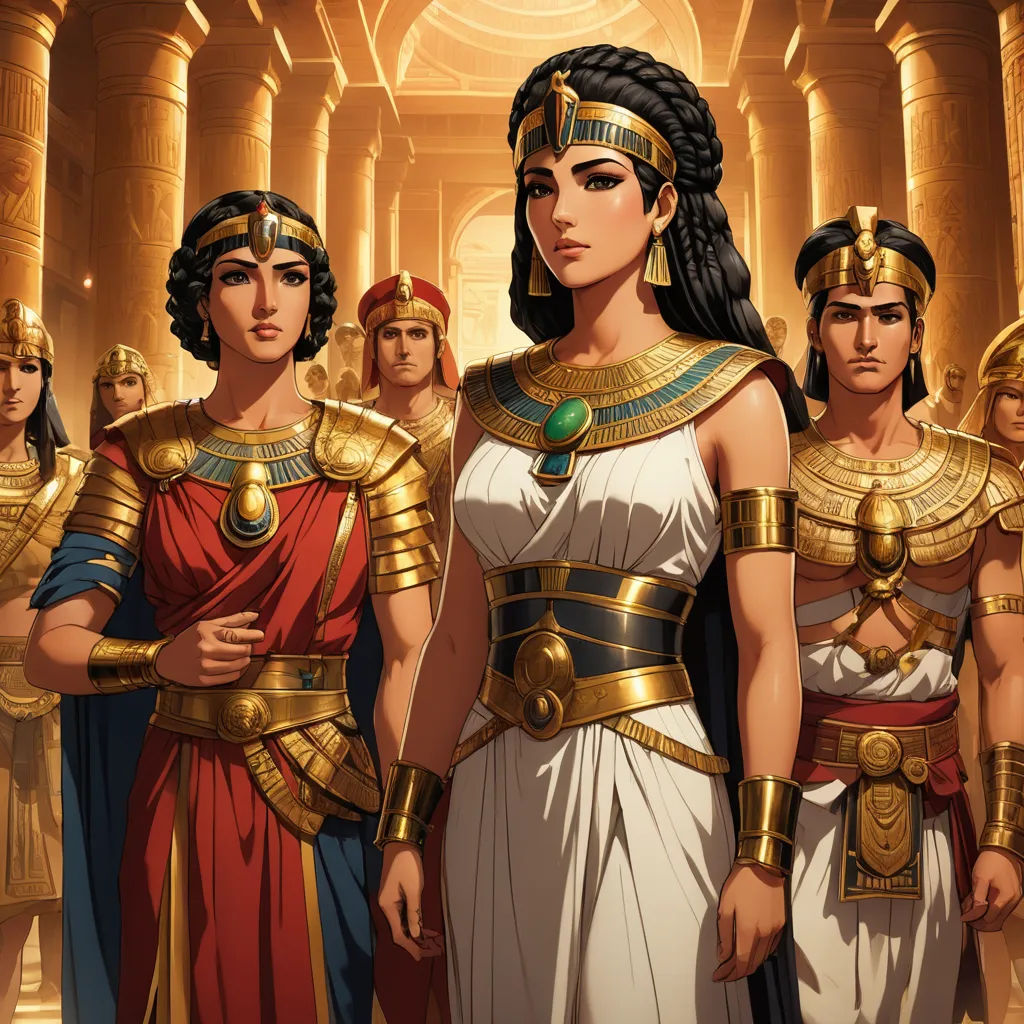
In the wake of their faltering alliance, Rome's power grew stronger. Cleopatra and Antony found themselves at odds with Octavian, Caesar's adopted son and heir.
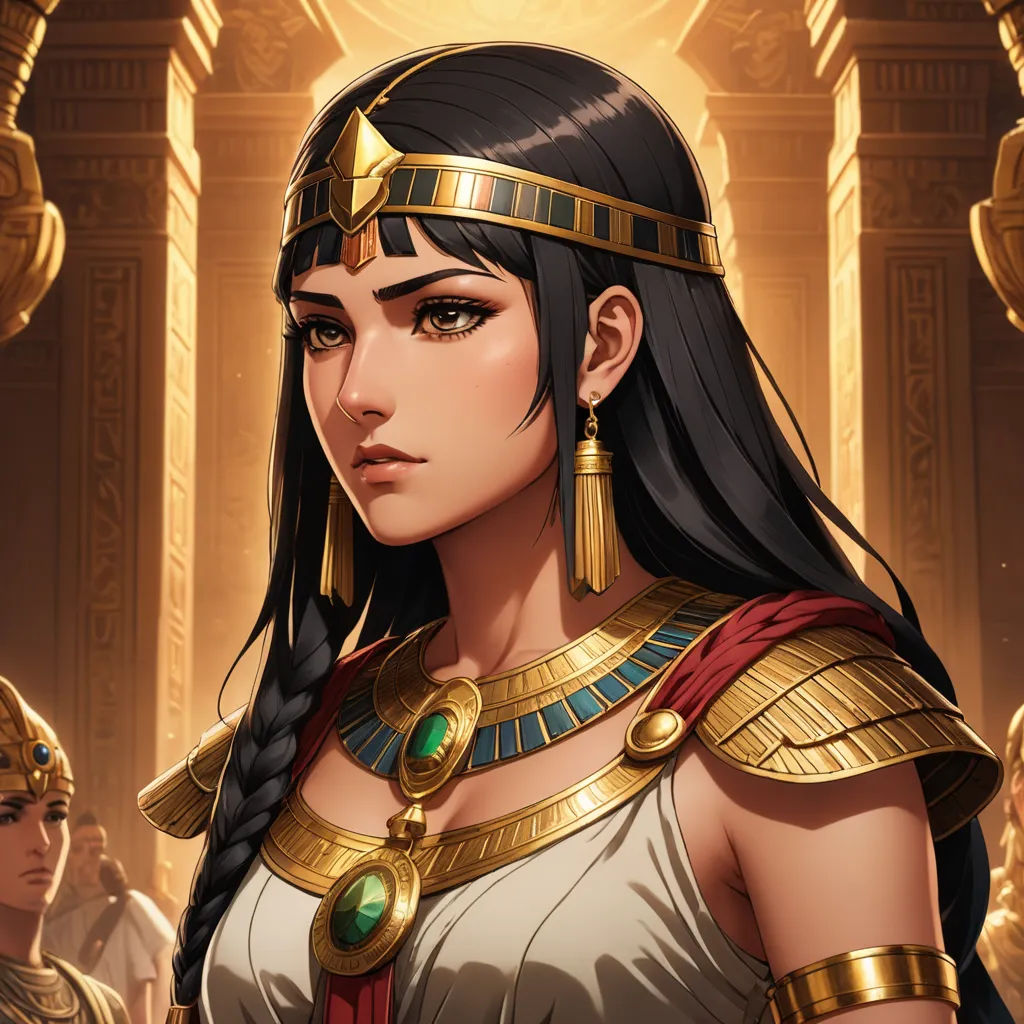
Octavian was relentless in his pursuit of power. He declared war on Cleopatra and Antony, setting the stage for a monumental clash that would shape the course of history.
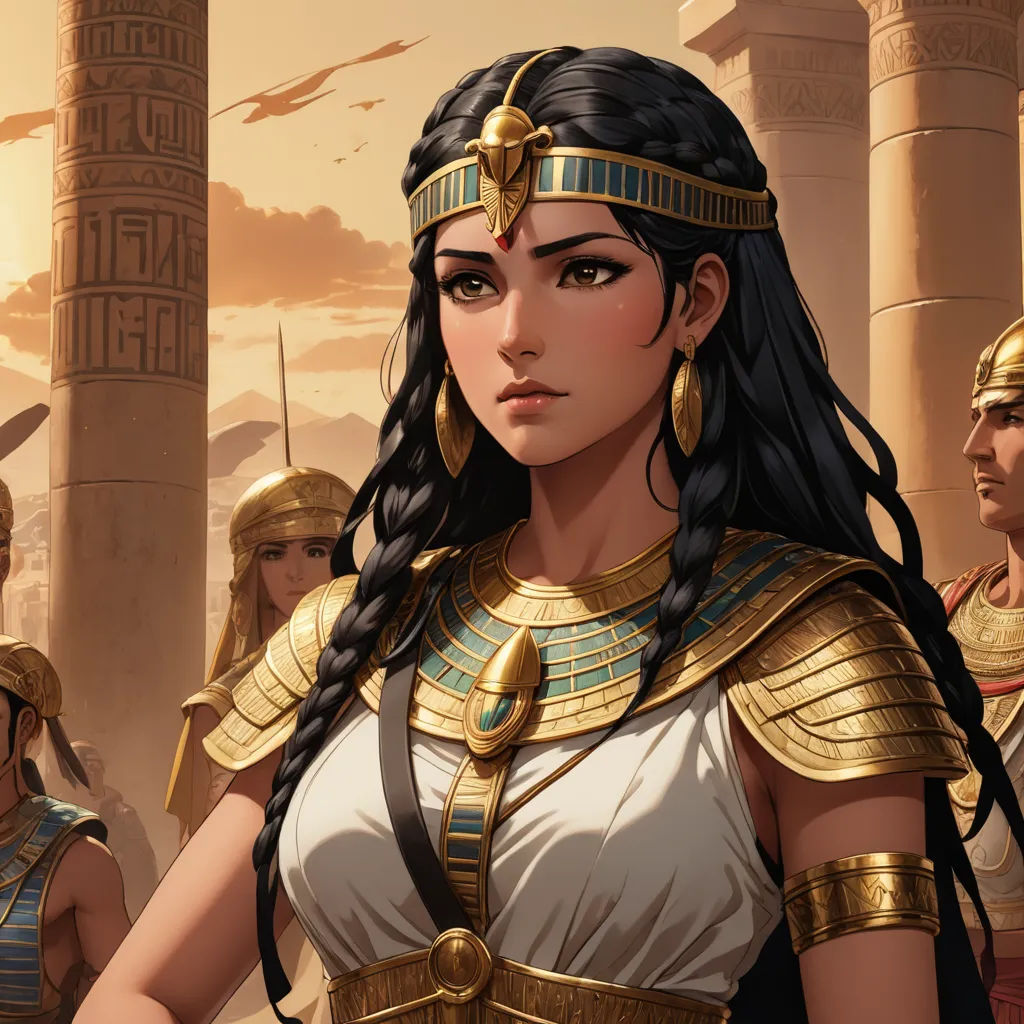
In the ensuing Battle of Actium, Octavian emerged victorious. Antony, believing Cleopatra to be dead, fell on his sword, dying a tragic death.
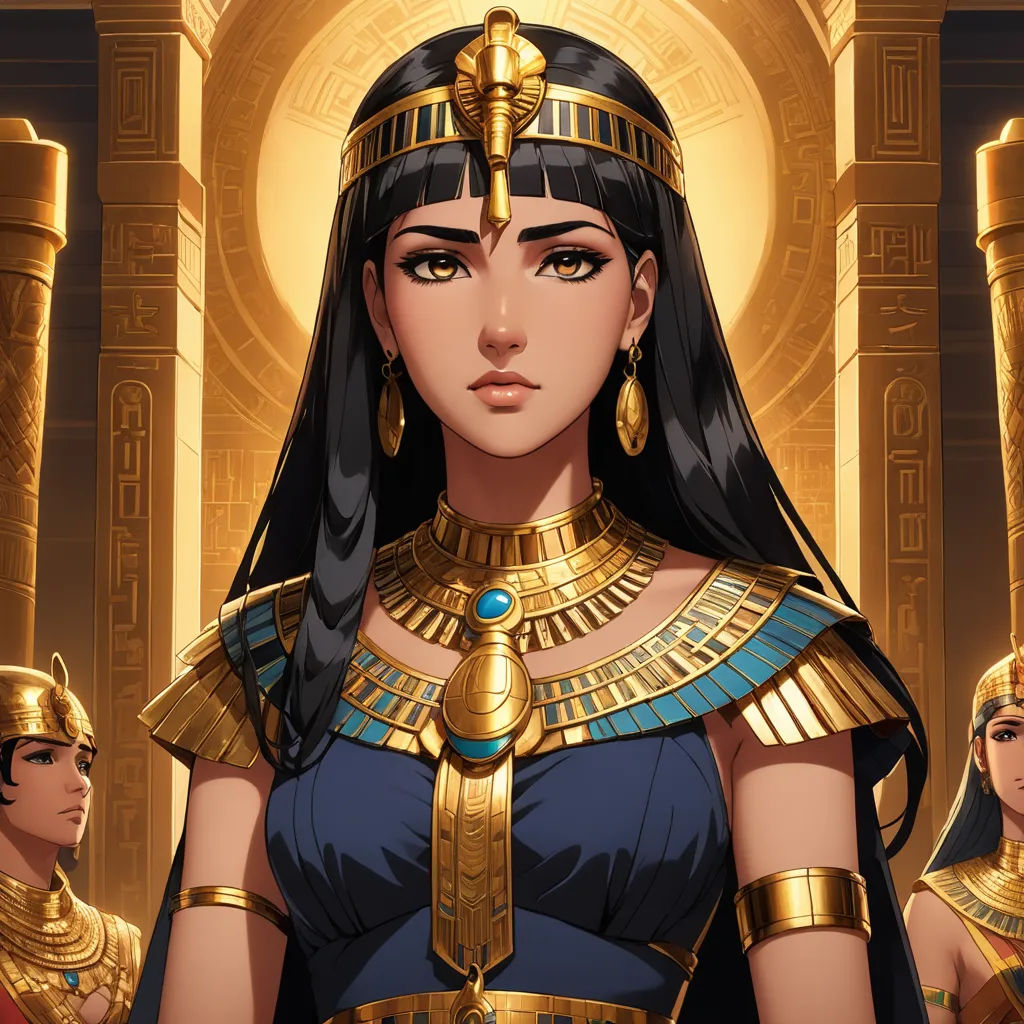
Cleopatra, stricken with grief and unable to bear the thought of living under Octavian's rule, chose to end her life. She died as she lived, a queen, unwilling to bow to another's dominion.
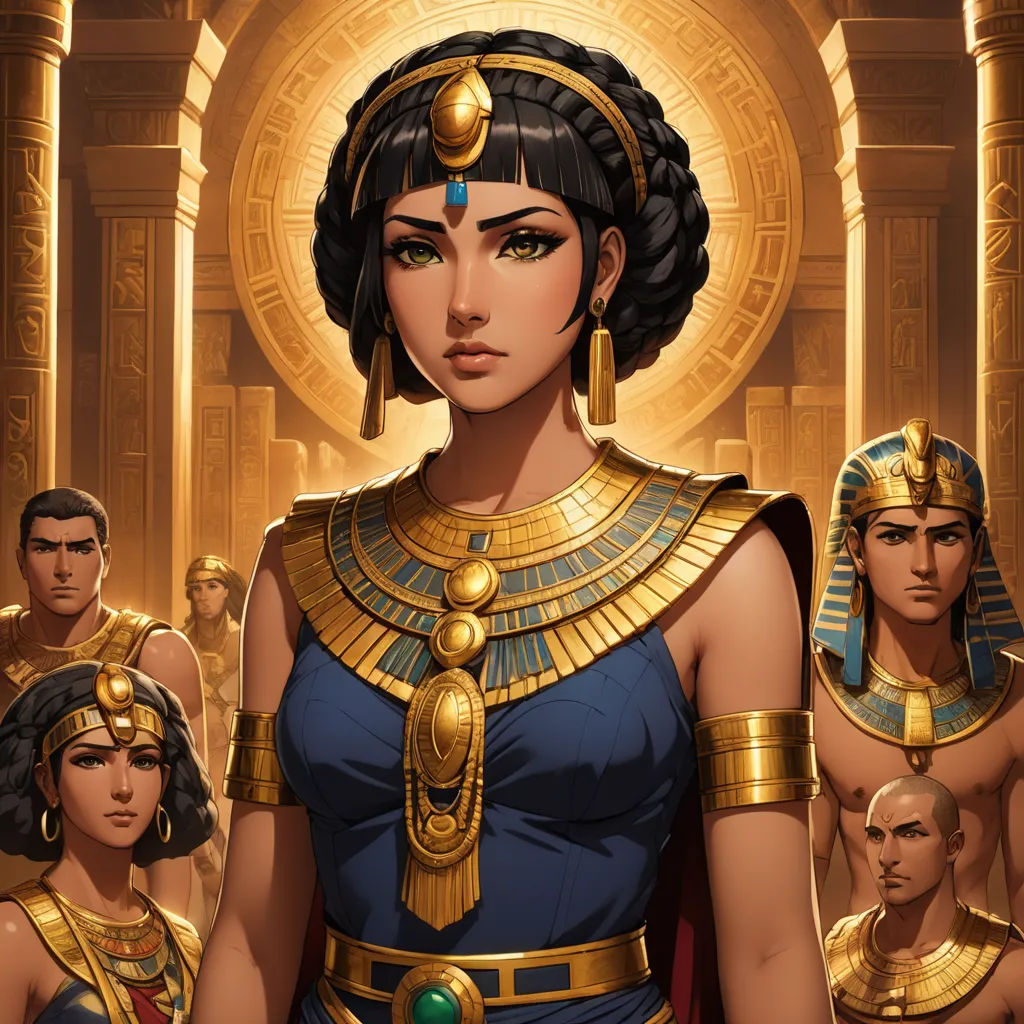
With Cleopatra's death, the Ptolemaic dynasty came to an end. Egypt became a province of the Roman Empire, its last queen a symbol of resistance and power.

Cleopatra's life was a tapestry of love, power, and betrayal. Her story resonates through the ages, a testament to her indomitable spirit and the enduring allure of her legend.
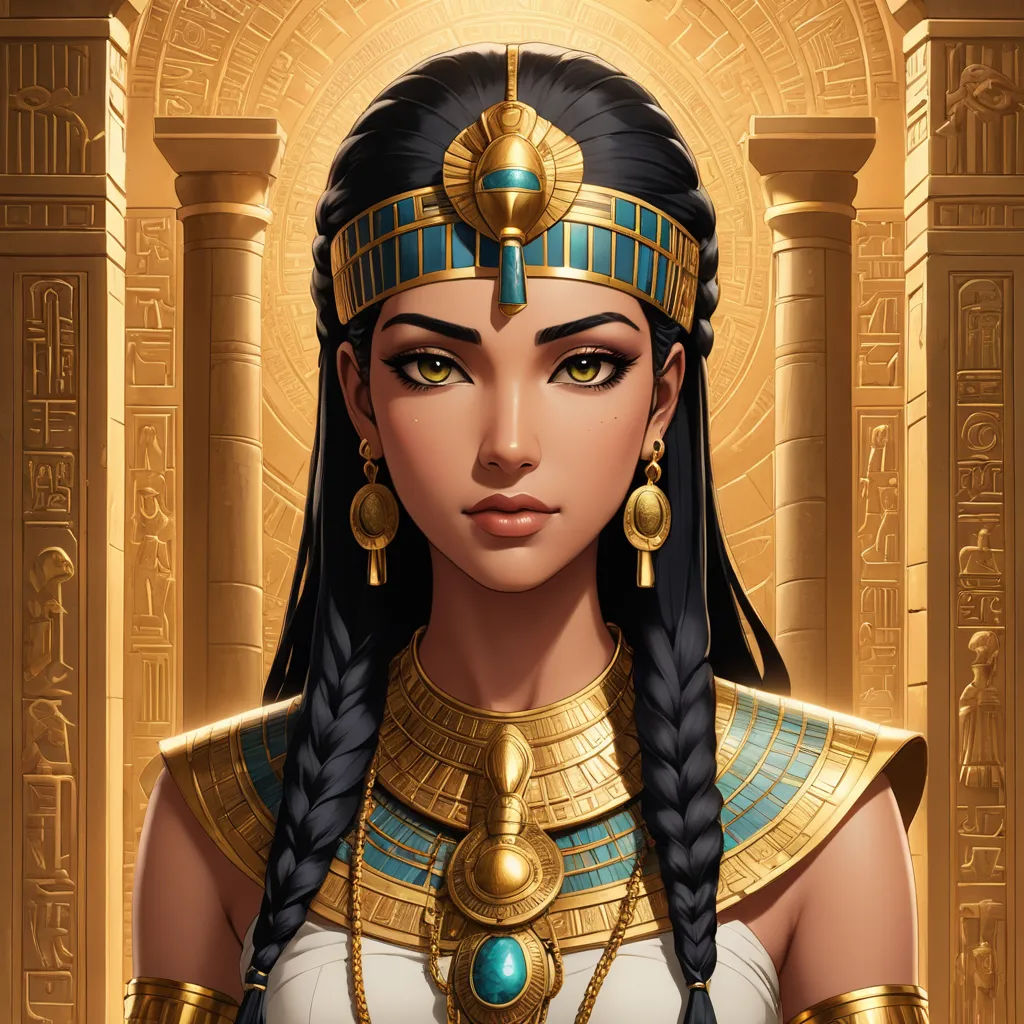
She was more than just a queen. Cleopatra was a scholar, a diplomat, a polyglot, and a mother. Her legacy, however, is that of a woman who wielded power with grace and intelligence.
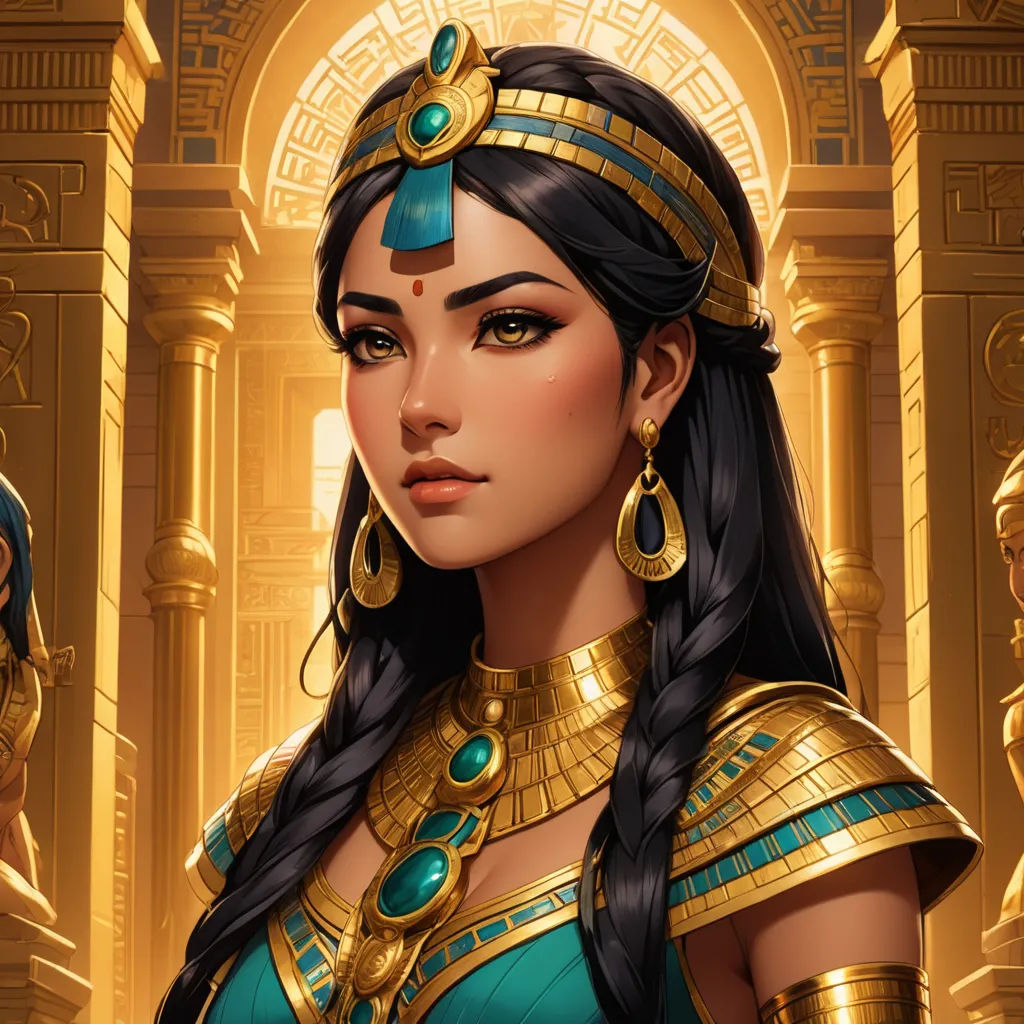
It was her strength of character that set her apart. Cleopatra was a beacon of light in a time of darkness, a symbol of resilience and determination that continues to inspire to this day.
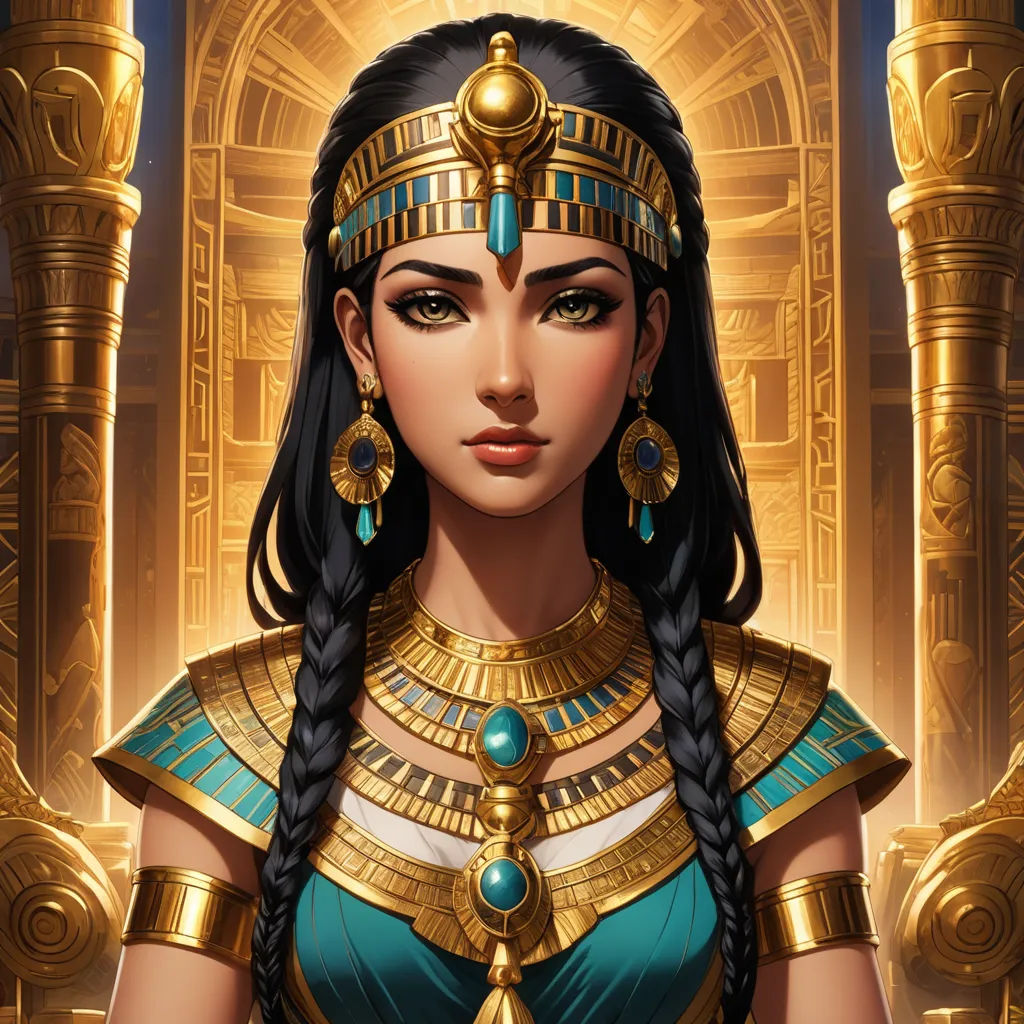
Though her reign ended in tragedy, Cleopatra's story is not one of defeat. It is a story of a woman who rose above the challenges of her time to leave an indelible mark on history.
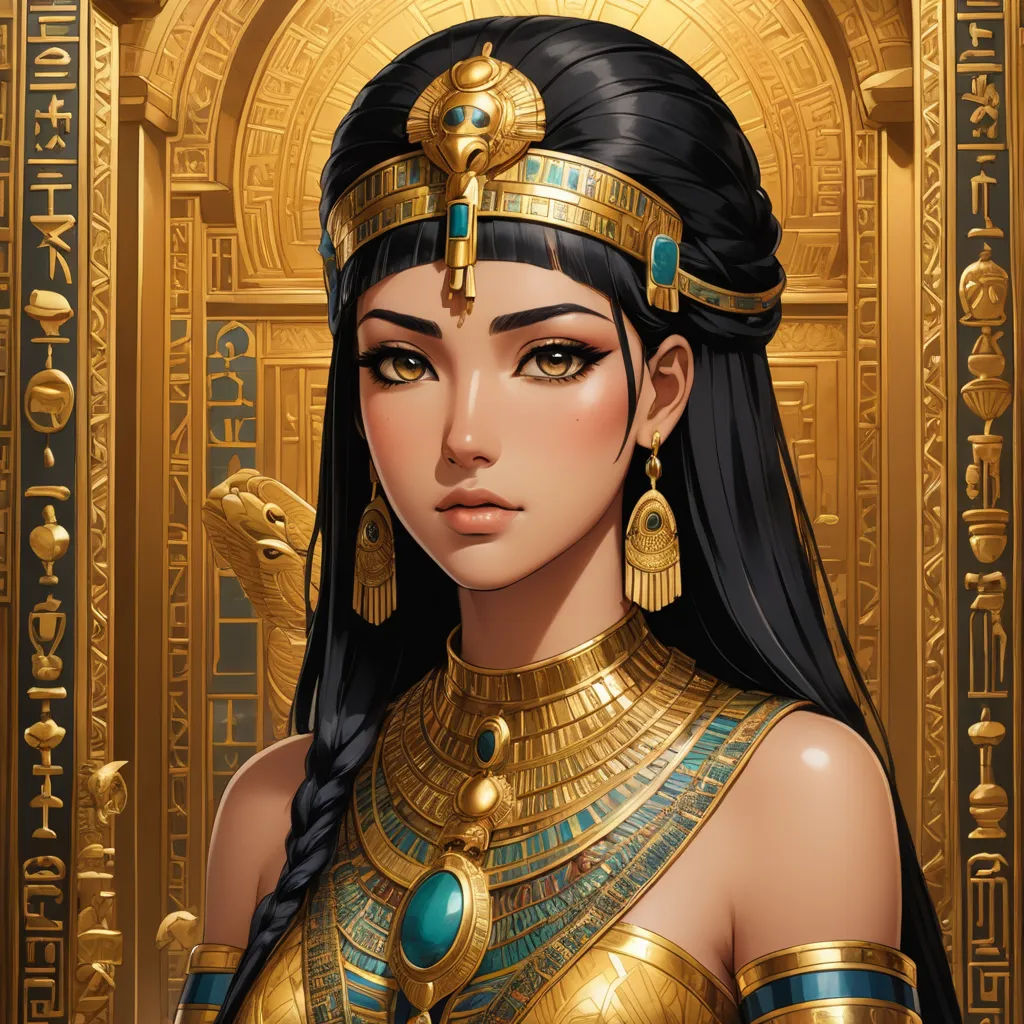
And so, Cleopatra, the last queen of Egypt, lives on. Her spirit undimmed, her legacy unbroken, her story a timeless tale of love, power, and the strength of a woman.